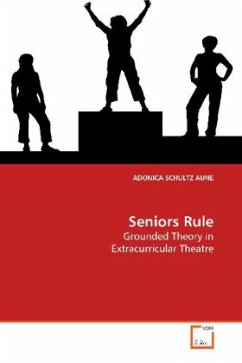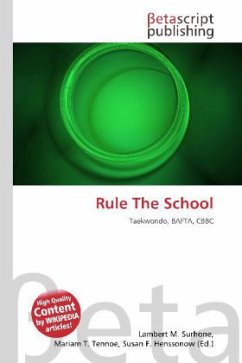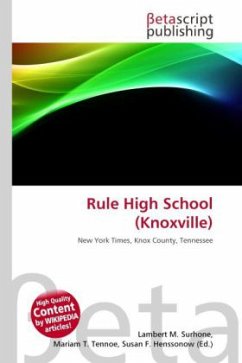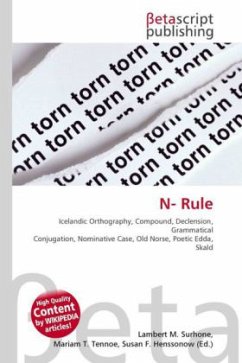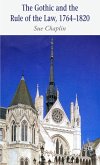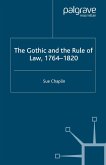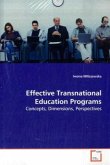A case study approach was used to explore the
interactions of students during an extracurricular
educational theatre production. The investigation
explored the interaction among students and the role
of the play in that interaction. A strong
hierarchical community in the tradition of classroom
educational hierarchy of age order was found as a
hidden curriculum in this activity. Although
hegemony was not an objective of the production,
seniors were granted priority and powerful
leadership positions in lead roles in the play and
in posts of responsibility in work groups. In the
course of rehearsals, age-ranked cliques emerged
causing separation and inequity. Hegemony was
encouraged, enhanced, and developed for the benefit
of senior students by their drama and music
directors. Seniors Rule may indicate how the
hierarchical system is learned and upheld in a
capitalistic society.
interactions of students during an extracurricular
educational theatre production. The investigation
explored the interaction among students and the role
of the play in that interaction. A strong
hierarchical community in the tradition of classroom
educational hierarchy of age order was found as a
hidden curriculum in this activity. Although
hegemony was not an objective of the production,
seniors were granted priority and powerful
leadership positions in lead roles in the play and
in posts of responsibility in work groups. In the
course of rehearsals, age-ranked cliques emerged
causing separation and inequity. Hegemony was
encouraged, enhanced, and developed for the benefit
of senior students by their drama and music
directors. Seniors Rule may indicate how the
hierarchical system is learned and upheld in a
capitalistic society.

